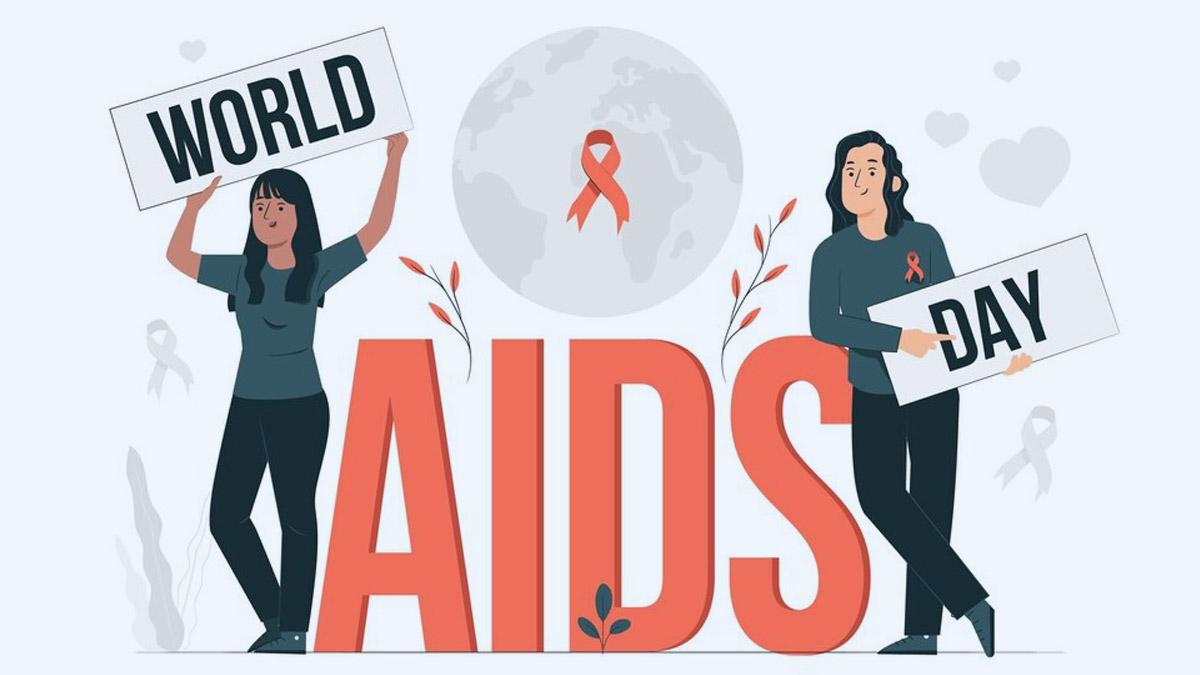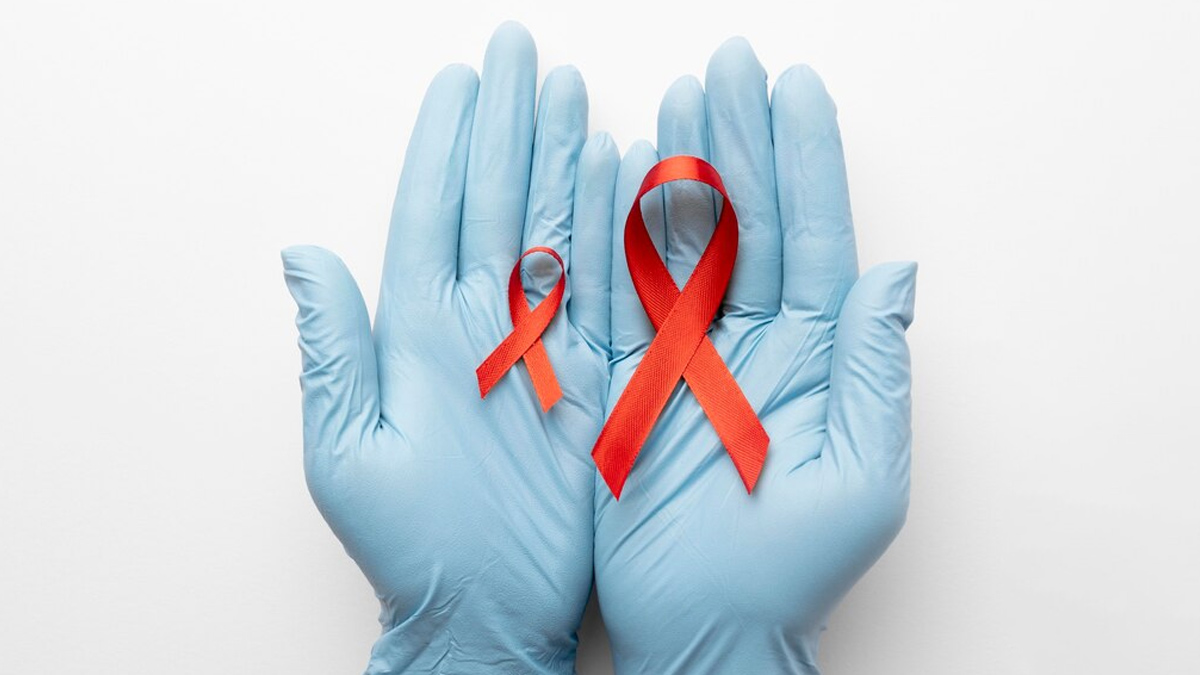
Acquired Immunodeficiency Syndrome (AIDS) is a chronic health condition caused by the Human Immunodeficiency Virus (HIV) that weakens your immune system to a large extent. It significantly lowers your ability to fight infection and disease and puts you at risk of fatal diseases and cancer. But are its symptoms different from other diseases and what is the life expectancy of a person who gets infected with it? To answer these queries, we spoke to experts who listed the symptoms of AIDS, life expectancy of people and how it affects their mental health.
Table of Content:-
Symptoms Of AIDS

“When someone has AIDS, their immune system gets severely weak. This makes it easier to get sick from diseases that usually wouldn't make someone with a healthy immune system ill. These conditions are called opportunistic infections or cancers”, informed Dr Balakrishna G K, HOD and Senior Consultant Internal Medicine, Gleneagles Hospital Kengeri, Bengaluru. He listed symptoms of AIDS as follows:
- Sweats
- Chills
- Recurring fever
- Chronic diarrhoea
- Swollen lymph glands
- Persistent, unexplained fatigue
- Weakness
- Weight loss
- Skin rashes or bumps
- Your tongue or mouth may develop persistent white spots or unusual lesions
Also Read: World AIDS Day 2023: Myths And Facts About AIDS

Life Expectancy After AIDS Diagnosis
Dr Balakrishna informed, “HIV, if left untreated, can progress to AIDS, a condition that damages the immune system and makes it difficult for the body to combat other diseases.” According to the Centers for Disease Control and Prevention (CDC), without treatment, individuals with end-stage AIDS can expect a life expectancy of approximately three years.
With timely diagnosis, access to medical care, and adherence to HIV treatment, individuals can expect a life expectancy similar to those without HIV.
“In 1996, a 20-year-old with HIV had a life expectancy of 39 years. By 2011, this had increased to around 70 years, reflecting advancements in medical care. In 2022, approximately 2.5 million people were living with HIV in India, a decrease from previous years”, Dr Balakrishna highlighted.
Antiretroviral treatment has significantly improved outcomes, allowing many to live longer and healthier lives. These medications, taken daily, help suppress the viral load, enabling people with HIV to lead healthy lives and reduce the risk of transmission.
Also Read: World AIDS Day: United Nations Say It Is Still Possible To End AIDS by 2030: Here's How

Impact of HIV and Treatment
“If untreated, HIV can progress to stage 3, or AIDS, when the immune system becomes too weak to defend against infections. A healthcare provider diagnoses stage 3 HIV when the CD4 cell count drops below 200 cells per mL of blood”, said Dr Balakrishna.
Life expectancy varies, with some individuals living for months post-diagnosis, while regular antiretroviral therapy allows the majority to lead fairly healthy lives.
Mental Health Of Patients With AIDS
Mansi Poddar, psychotherapist, Founder, Heal. Grow. Thrive Foundation, emphasises the often-overlooked aspect of mental health in the battle against HIV/AIDS. She said, "Mental health support is essential in addressing HIV/AIDS, contributing significantly to both prevention and treatment efforts."
"Individuals living with HIV commonly contend with intense emotions, particularly shame and grief, leading to a sense of hopelessness, depression, and anxiety. It is crucial to incorporate interventions that seamlessly integrate mental health care for families, patients, and healthcare professionals. Also, community support and psychoeducation play a crucial role in normalising emotional challenges", she added.
Long-Term Consequences and Opportunistic Infections
Untreated HIV may lead to opportunistic infections, such as tuberculosis, recurring pneumonia, salmonella, and others, which can become life-threatening. Tuberculosis remains a significant cause of death for those with stage 3 HIV. Adhering to treatment, routine checkups, condom use, vaccination, and proper food preparation help prevent opportunistic infections.
Advancements and Routine Screening
Advancements in tests, treatments, and technology have transformed the HIV outlook from a once grim diagnosis to a condition where people can live long and healthy lives.
“Routine HIV screening is crucial for early detection, timely treatment, and management of the virus, extending life expectancy, and reducing transmission risk. Early intervention is key, as untreated individuals are more likely to experience complications leading to illness and death”, emphasised Dr Balakrishna.
[Disclaimer: This article contains information provided by a registered healthcare professional and is for informational purposes only. Hence, we advise you to consult your expert if you have any queries related to this disease.]
Also watch this video
How we keep this article up to date:
We work with experts and keep a close eye on the latest in health and wellness. Whenever there is a new research or helpful information, we update our articles with accurate and useful advice.
Current Version